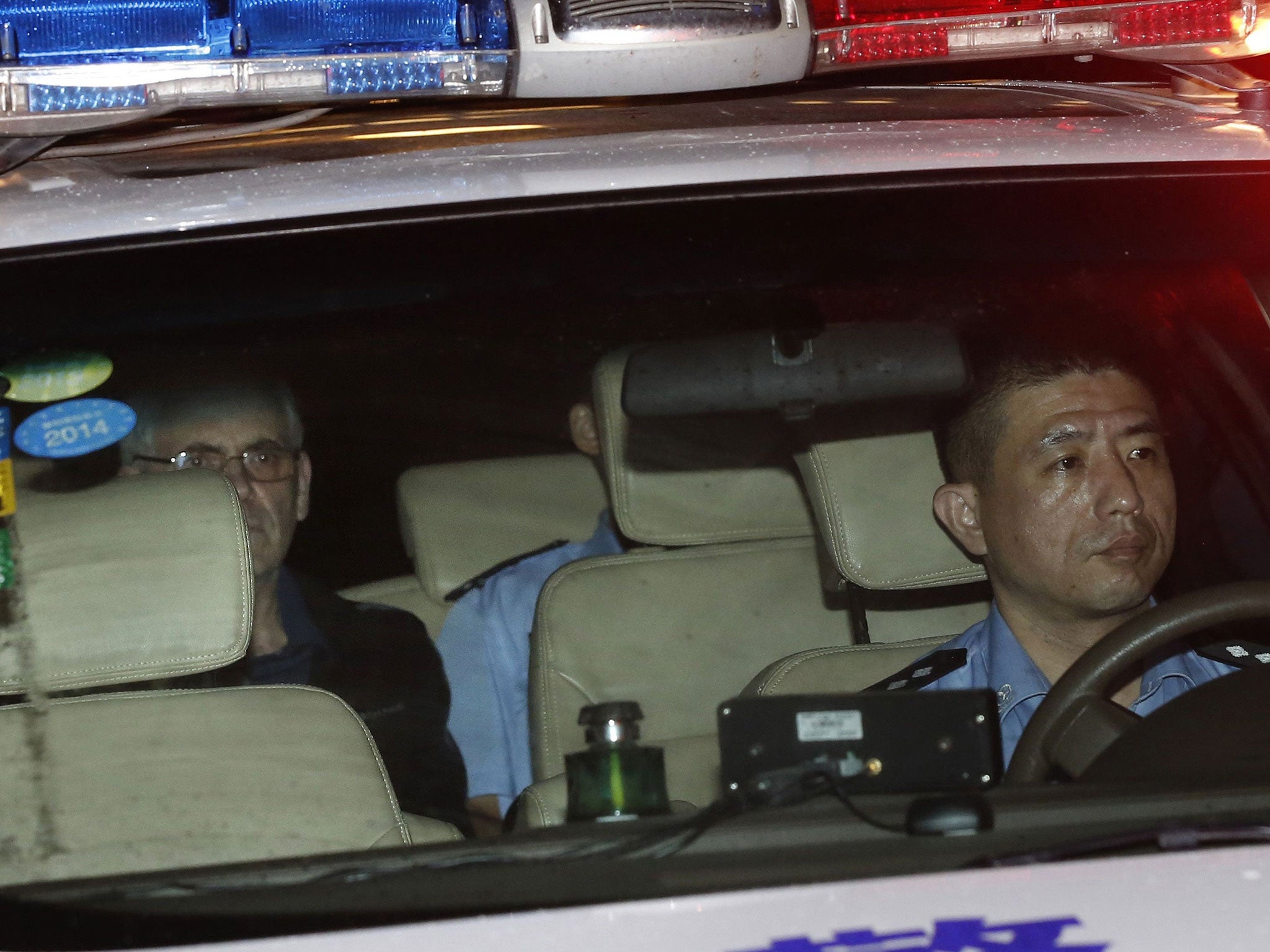Drugs and sex and closed legal proceedings

Outlook What price do corporations place on a transparent justice system? The Shanghai trial of the private investigator Peter Humphrey – hired by GlaxoSmithKline to investigate an apparently malicious leak of a sex tape by someone in the drug giant’s China operations – should send a cold feeling down the spines of foreign investors.
Humphrey and his American wife Yu Yingzeng were held for a year without charge by the Chinese legal authorities. And when they were finally put on trial, it was no open process. Proceedings were closed to the media and even to the couple’s 19-year-old son. Last week Humphrey was sentenced to two and a half years in prison for illegally obtaining the private records of Chinese citizens while investigating on behalf of GlaxoSmithKline. His wife got two years.
The evidence that some employees of GlaxoSmithKline broke the law in China and bribed doctors to push the company’s products looks compelling.
The multinational drugs giant has admitted this may have happened. But the treatment of Humphrey and Yu – and the light it has shone on the way in which the legal system of the world’s second-largest economy operates – is no advert for China as a place for even fully upright foreign firms to do business.
Join our commenting forum
Join thought-provoking conversations, follow other Independent readers and see their replies
Comments
Bookmark popover
Removed from bookmarks